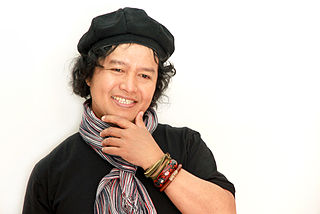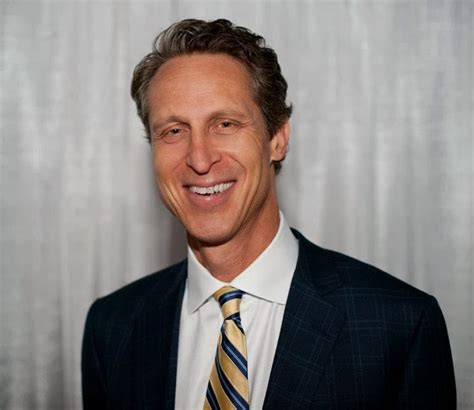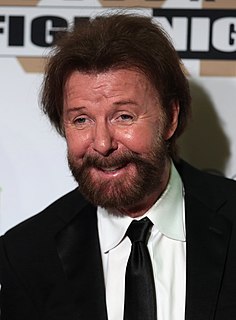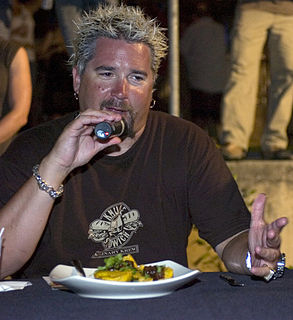A Quote by Mario Batali
Food, like most things, is best when left to its own simple beauty.
Related Quotes
I have always stressed to my girls that outer beauty fades but inner beauty lasts forever. Simple things like smiling and looking people in the eye could change someone's bad day into a good one. My mom always said that beauty is as beauty does, and I'm sure it will pass along to all the future generations of our family.
India has the largest number of hungry people. Yet it's an outcome of precisely the same mechanism. It's the control of agriculture that drives down the price it paid for food that it buys from farmers, who are the poorest people. Then you're paying very little for food. You're underpaying the poorest people in any society. Then they're marketing to us the things that are most profitable to them. And those are the things that are packaged and processed and what-have-you. That means you have the simple thing of the explosion of obesity and hunger as a result of capitalism in our food system.







































